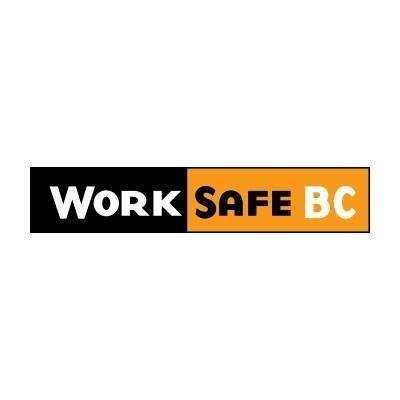Employers are now required to inform workers about a previous work refusal before reassigning the work
Amendments to the Occupational Health and Safety Regulation (OHSR) are coming into effect on Aug. 22, 2022, that will strengthen worker protections on the right to refuse unsafe work.
A worker’s right to refuse unsafe work is an integral element in ensuring work is carried out safely. All workers in B.C. have the right to refuse work where there is reasonable cause to believe it would create an undue hazard to their health or safety.
Prior to the amendment, the regulation did not explicitly prohibit the reassignment of refused work, or require the disclosure that another worker had refused the task due to health or safety concerns.
WorkSafeBC has addressed this issue through the amendment to the OHSR.
Under the new rules, employers are required to notify workers in writing of any unresolved work refusal due to safety concerns. It also requires employers to tell the subsequent worker the specific reasons the first worker felt the task was unsafe. The employer must also explain why the task would not create an undue hazard to their health and safety.
The change to the OHSR followed an extensive public and stakeholder consultation process by WorkSafeBC.
“Worker safety is our top priority and this regulatory change strengthens worker protections,” says Dan Strand, director of Prevention Field Services at WorkSafeBC. “This amendment makes the right to refuse process more transparent and allows workers to make informed decisions.”
The need for this change was identified in the 2019 report by Lisa Helps called, WorkSafeBC and Government Action Review: Crossing the Rubicon. During interviews for the report, Helps heard examples of workers expressing safety concerns to their supervisors and refusing to do the work, only to see the same task reassigned to another worker.
“Workers are your eyes and ears on the front line of workplace health and safety,” says Strand. “When workers refuse work, it’s because they believe it’s unsafe. Employers must listen to these concerns, assess the risk with the worker, document the decision, and ensure they take steps to correct the situation that could potentially cause harm.”
Workers or employers with questions about the right to refuse unsafe work can contact WorkSafeBC’s prevention information line toll-free at 1-888-621-7233.
Resources:
- Media Backgrounder: The Right to Refuse Unsafe Work
- Regulatory amendment: A primer on refusing unsafe work
- WorkSafeBC and Government Action Review: Crossing the Rubicon
For more information, contact:
Media Relations, WorkSafeBC
Email: media@worksafebc.com
Tel: 604.276.5157
Source: WorkSafeBC


